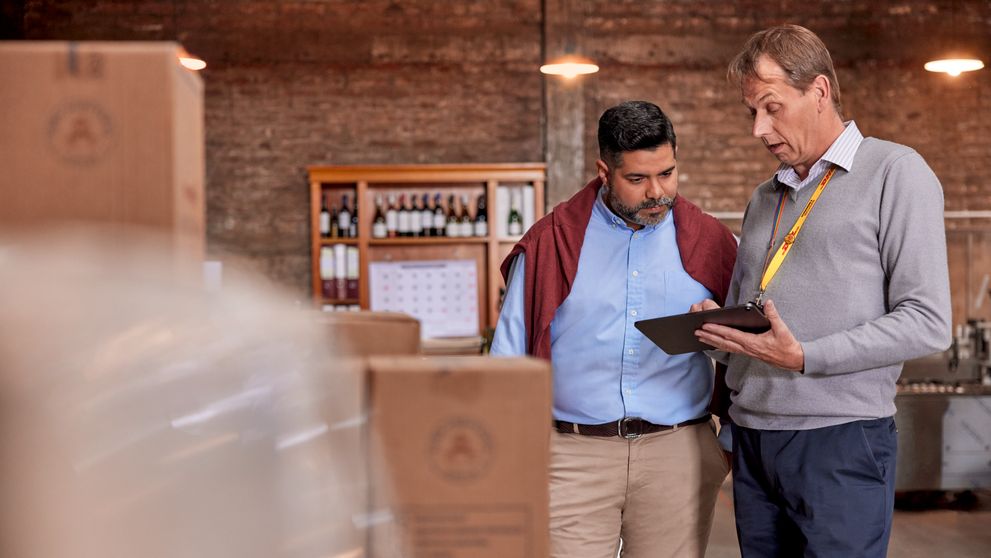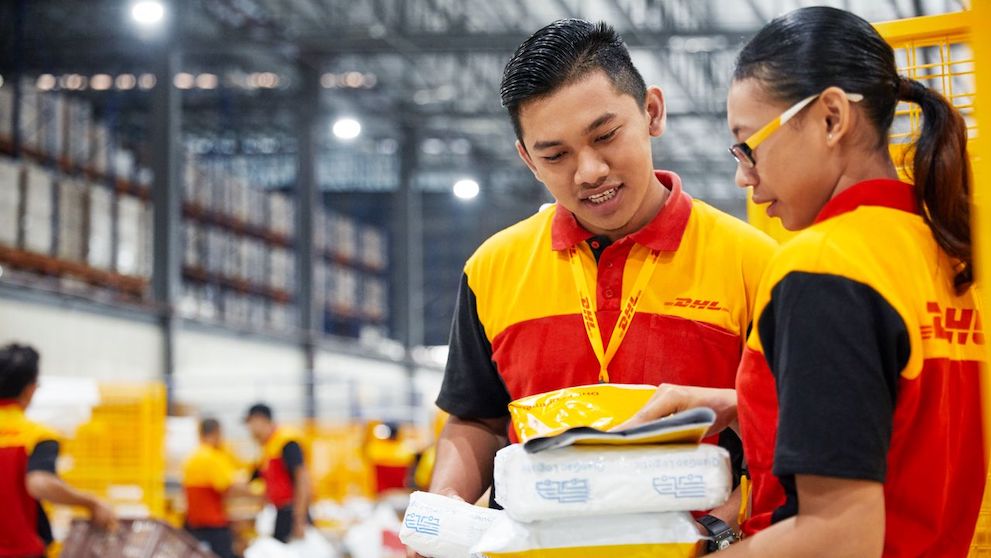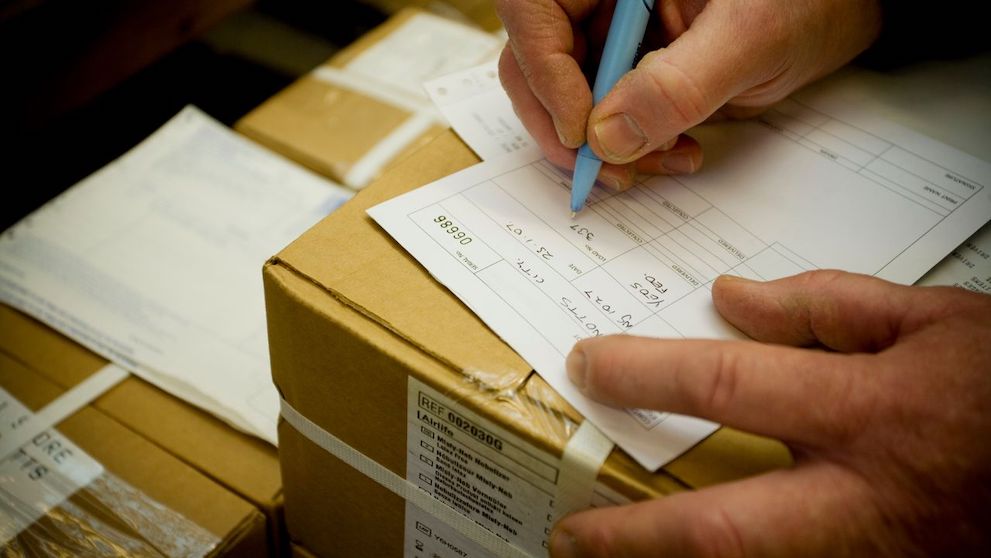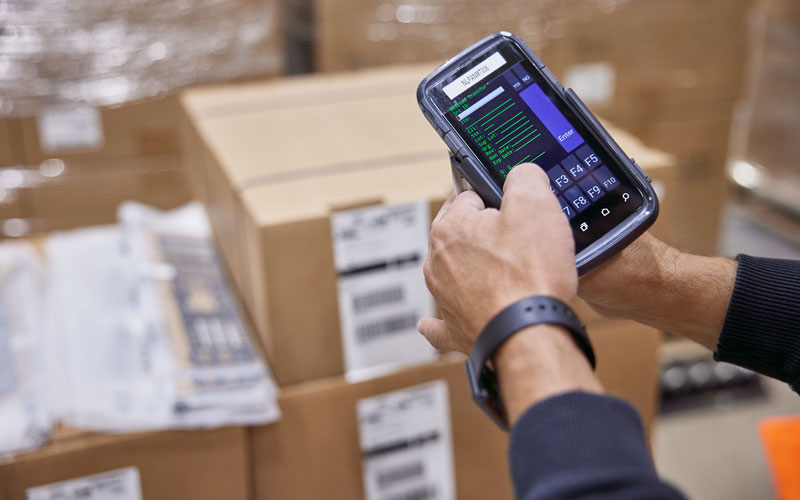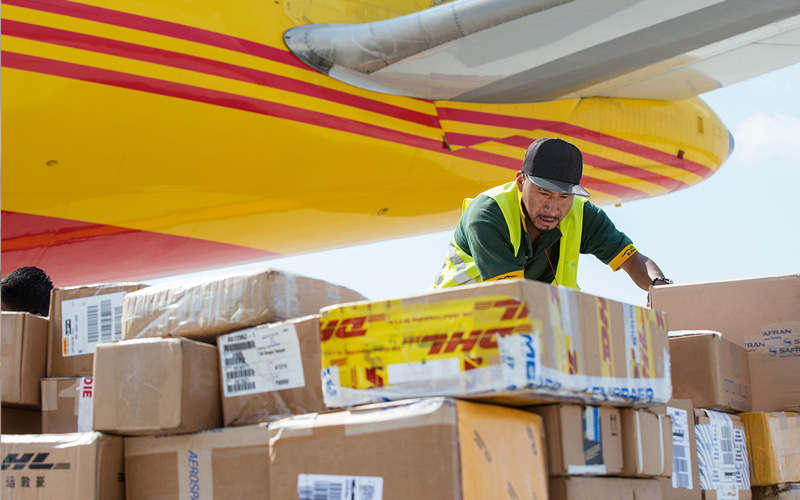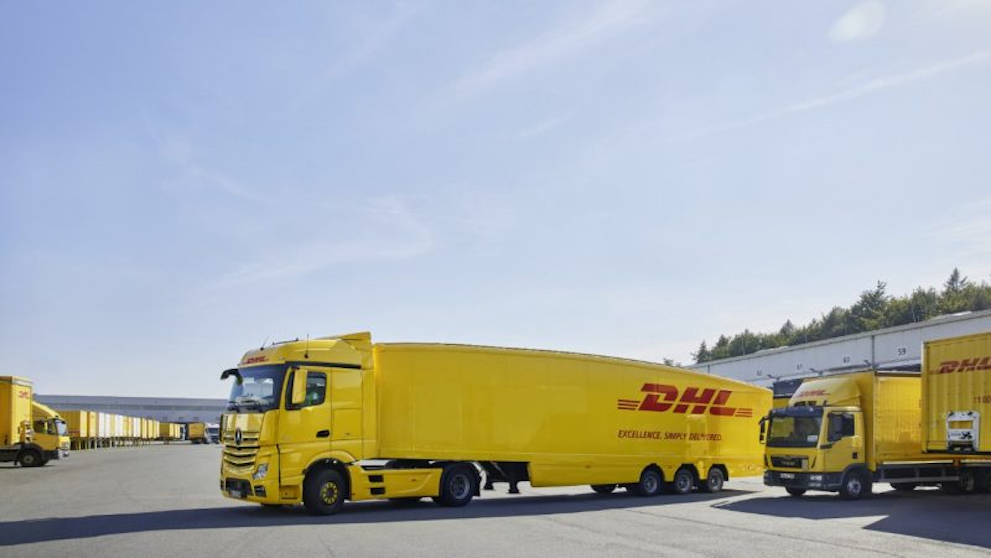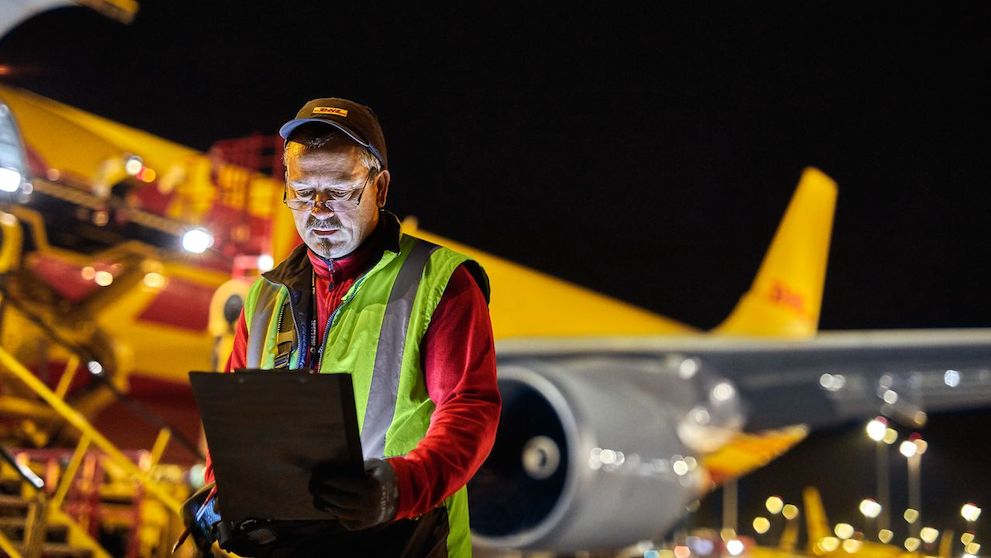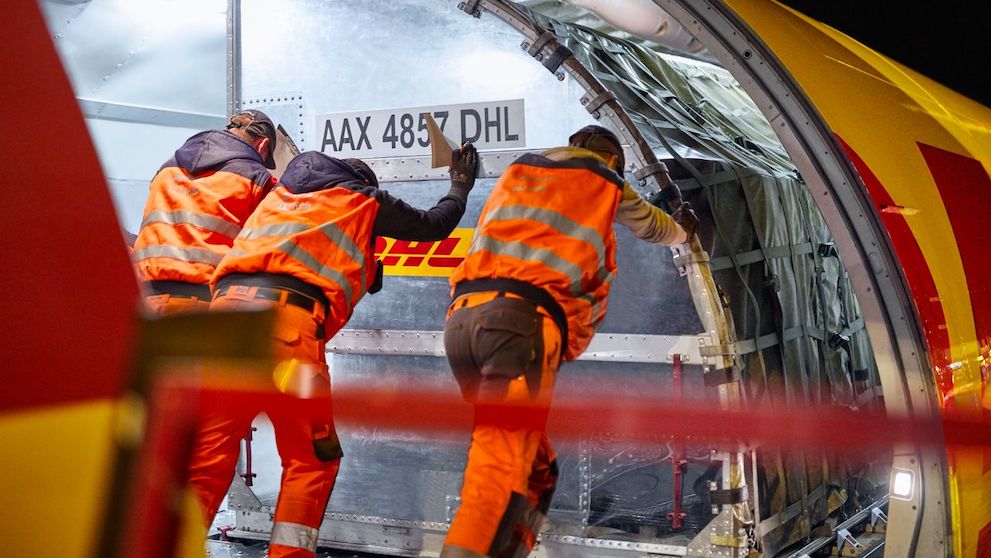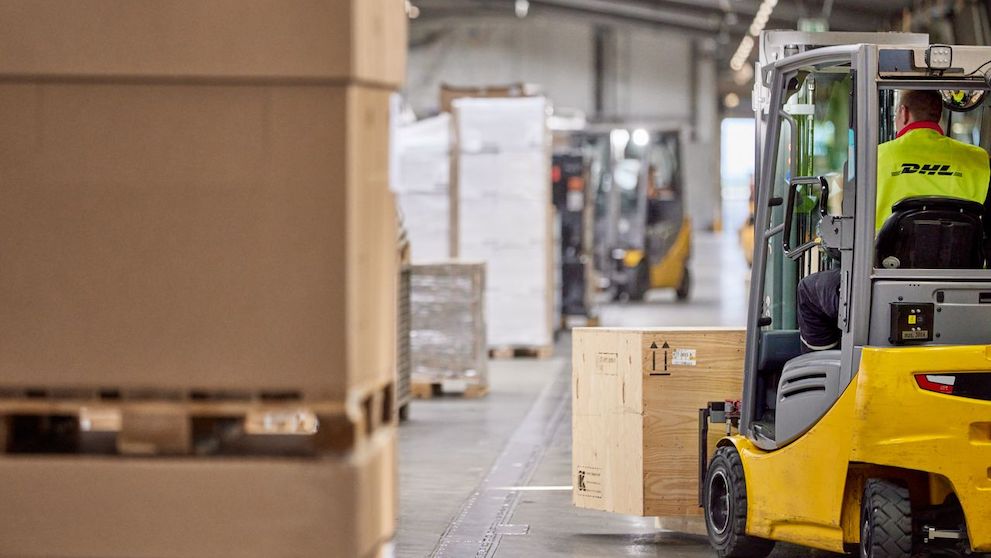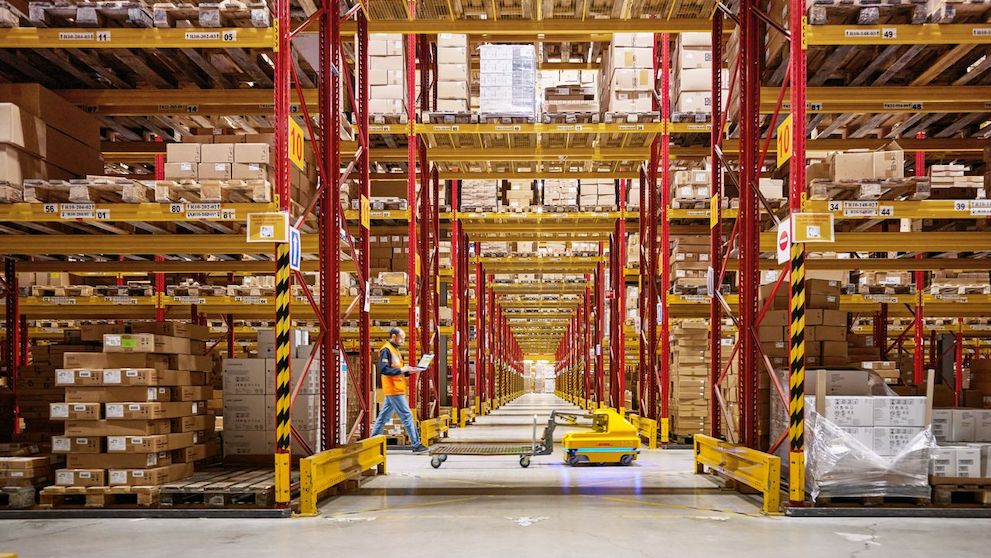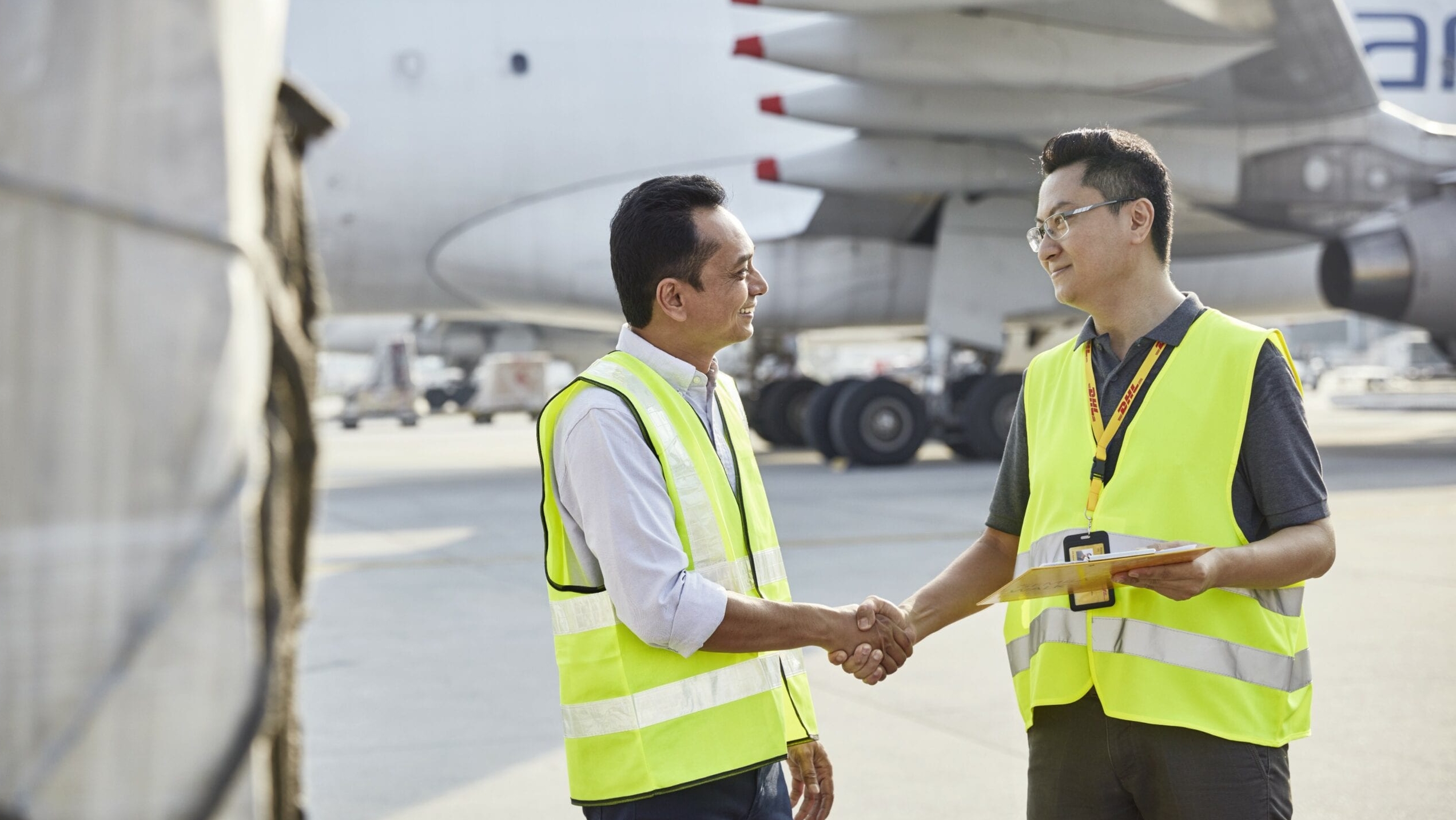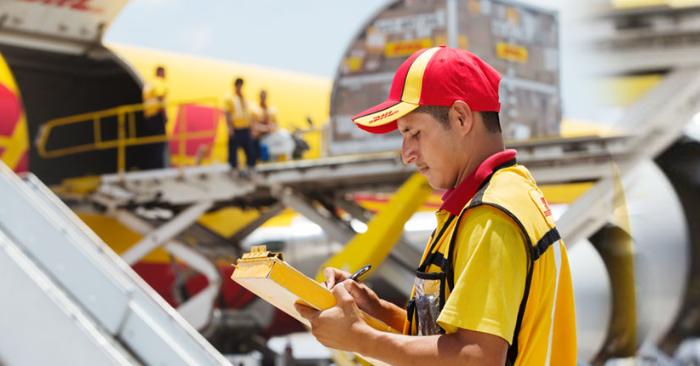Delayed deliveries are often caused by non-compliance with customs clearance regulations. The consequences of delays might seem insignificant, but they can become one of the biggest threats to a business. Customers feel dissatisfied, write bad reviews and stop coming back altogether. Worse, your business could be penalised and prosecuted for failing to comply with international customs legislation.
To avoid packages from being held up at customs, you would want to make sure you are well-versed with the clearance regulations of the destination market.
These dos and don’ts will ensure your packages are processed smoothly so that you can minimise delays.
DO these to ensure smooth customs clearance
1. Check the destination country’s customs clearance and regulations
Familiarising yourself with the destination country’s customs regulations and import/export laws is the first step to effective shipment clearance.
Be sure to understand what items are strategic, prohibited or restricted, and obtain the additional import licences if needed. You’d also want to pay attention to your courier’s regulations as well when it comes to such goods. You may learn more about what is prohibited and restricted when you ship with DHL Express before planning your shipments.
2. Prepare all necessary paperwork
Every country has different paperwork requirements for international shipping and clearance. For instance, if you are importing into Singapore by air or land, a printed copy of the customs permit, invoice, packing list and AWB/consignment note is required for all postal packages for customs clearance.
You may be required to prepare all, some or more of these documents (and relevant materials) when you ship to other countries. For example, when shipping to Taiwan, the new customs clearance procedures require notification via the EZWAY application for authentication purposes.
A certificate of origin is also required when shipping to most countries overseas to prove the eligibility and authenticity of the goods being shipped.
Having due diligence on the required documents for your destination country will ensure your packages pass through clearance swiftly, and prevent any hold-ups and unnecessary costs.
3. Provide a complete description of shipments
Preparing your paperwork is only one step; ensuring the information you provide about your packages for customs clearance is accurate and detailed is equally critical.
This includes, with valid documentation, the shipper and receiver’s names and addresses, the product’s origin country and the reason for export or import.
Being descriptive is key here. For example, if you’re shipping high heels overseas, instead of indicating “ladies footwear” or “footwear” on your packages, be specific and state “ladies’ high heels up to 6-inches”. For shipments that contain more than one item, it is a good practice to state the description, weight and quantity of each of the goods clearly.
Providing accurate information ensures smooth clearance of your goods at customs and prevents any misunderstanding or confusion from arising, which could ultimately lead to delays.
4. Indicate HS codes for easy identification of items
The Harmonised System (HS) is an internationally standardised classification method to identify common products for international trade. Each HS code contains six digits, which should be indicated on your shipment and the description. You can find your product’s HS code through Singapore’s Harmonised System/Competent Authority (HS/CA) Product Code Search Engine, Trader’s Product Guide, Singapore Trade Classification, Customs and Excise Duties (STCCED) and Customs Ruling Database.
DON’T make these mistakes
1. Under-declared the value of goods
It is essential to provide an accurate transaction value of your goods so that the payable duties or taxes to the government can be calculated. Undervaluing your shipments to avoid paying the relevant duties and taxes will not only result in shipment delays at customs clearance but also additional charges to release your goods.
2. Shipped pirated and counterfeit items
Importing fake and pirated goods is against the law and entails many irreparable consequences. In most instances, these products are held at customs for investigation purposes. When found to be counterfeit, they will be seized by customs officials.
To ensure that you can verify the authenticity of your products, obtain extra documentation or certification to prove that your shipments contain legitimate goods and do not breach any protected rights.
3. Left your taxes and duties unpaid
Another reason why parcels and packages get held back at customs is because of unpaid duties and taxes. Having a good understanding of shipping costs is crucial, especially if your package contains certain restricted commodities that will need specific levels of clearance.
To avoid missed deliveries and extended delays due to packages getting stuck at customs, indicate the correct mode of payment for all necessary duties on your waybill or receipts of postal duties paid before shipping out your items.
What to do when a shipment gets held up
If you have any unresolved customs clearance needs, get in touch with your courier service provider to find out if there are any issues with the shipment. With a dedicated team situated in each country of operation, DHL Express has the expertise of local customs regulations to help you comply with customs, especially when you face challenges.
Have an upcoming shipment to be exported? Leave the customs clearance complexities to us and get started with a DHL Express business account today!







